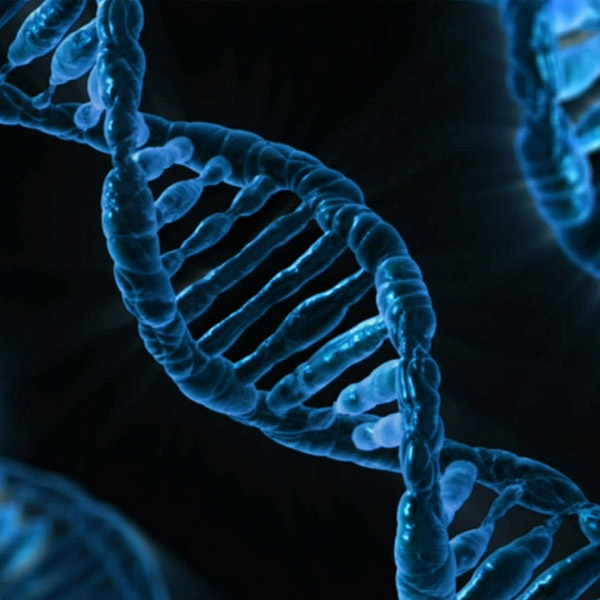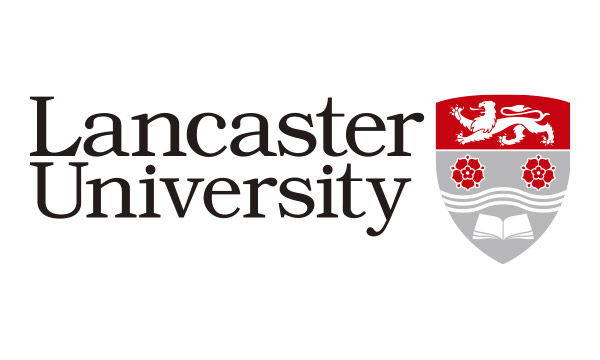Welcome
The health sciences have seen an explosion in the amount of data collected at both individual and population levels. This data can be varied, including genetic information, health records, data on activity levels obtained from wearable devices, and image data from scans. There is huge potential for improved diagnoses, timely interventions and more effective treatments if we can fully extract understanding from this data. Example applications included real-time monitoring of patients, developing personalised treatment, or real-time monitoring and decision-making for epidemics. However the data science challenges in extracting these insights are vast.
Features of these challenges include the need to make inferences about and decisions for individuals from within a population, and the need to synthesise information from disparate data sources and data types. Whilst we have substantial data collected at a population level, the amount of information on any given individual may be still be limited. Appropriately quantifying uncertainty is crucial for making decisions, with the optimal decision often being driven by the probability of relatively rare events (e.g. extreme reaction to a drug). We need model-based approaches to data science that can leverage scientific understanding, but we need the statistical analyses to be robust to unavoidable inadequacies of these models. Underpinning many of these applications is the requirement to develop new understanding, and this differs from a focus on making predictions that it is most common among current statistical or machine learning methods.
Bayesian data science provides a natural framework for tackling these challenges. Bayesian methods are model-based, can appropriately quantify and propagate uncertainty, and through hierarchical models are able to use population-level information when making inferences about individuals. Repeated application of Bayes theorem gives a natural paradigm for synthesizing information across multiple data sources. However, current Bayesian data science methods are not feasible for many modern, big-data, applications in the health sciences. Bayesian methods require integrating over uncertainty. Such high-dimensional integration carries a substantial computational overhead when compared to alternative, often optimization-based, data science methods. So while the motivation for Bayesian analysis is clear, this computational overhead means that, currently, implementing Bayesian approaches is often not feasible.
This programme of research will develop the new approaches to Bayesian data science that are needed both within the health sciences and more widely. It builds on recent breakthroughs in Monte Carlo integration methods that show great promise for being efficient for large data; and on new paradigms for Bayesian-like updates that are suitable for complex models and which focus modelling effort just on the aspects of these models that are most important. It will address key research challenges in the health sciences - directly developing new insights and understanding for these.














